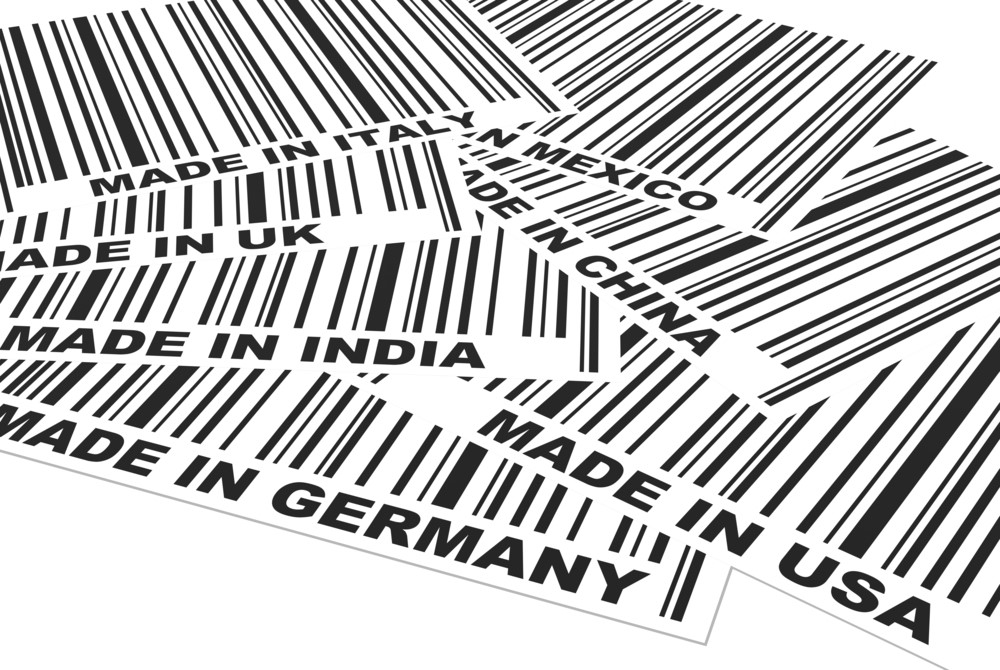Editor’s Note: Don’t worry, I’m not offended. But I am a bit surprised no one wrote me last week.
After all, I’d promised some “big news” regarding your free Investment U subscription after Memorial Day.
Next Monday, June 11… the look, feel and name of your daily e-letter will be transformed.
Oh, it’ll still be free. But the mission behind our nearly 20-year-old Investment U e-letter has evolved… along with your needs.
Chief Investment Strategist Alexander Green and ETF Strategist Nicholas Vardy strive to do more than educate you about investing and leave you to fend off the wolves of Wall Street.
Rather, they want you feeling empowered to confidently take charge of your personal journey from financial literacy… to financial liberty.
So they – along with monthly panelist Mark Skousen and a new, surprise weekly contributor – will be there involving you every step of the way.
After all, they’re convinced it’ll be the shortest way to a rich life – better, easier and fuller.
Donna DiVenuto-Ball, Managing Editor
Last year the United States imported $2.89 trillion of goods and services. We exported only $2.32 trillion.
That gave us a trade deficit of $566 billion, the world’s biggest.
Don’t be shocked.
We’ve had the world’s largest trade deficit for 42 years now. During this period, our economy, standard of living and U.S. household net worth have all gapped higher.
Government figures show our chief imports are automobiles, petroleum and electronics.
So let me ask you a few questions…
Do you dislike having a greater choice of cars and trucks?
Does your cell phone do less than it used to?
Has the quality of your television set gotten worse? And has the price gone up or down over the last 15 years?
Foreign trade benefits us far more than it costs us.
We are the world’s third-largest exporter. But we are also the world’s single biggest importer.
Americans love Japanese electronics, European cars, French wines, Italian shoes, Swiss watches, Dutch chocolates… and designer clothes made in Bangladesh.
It sounds alarming when you hear that we buy more from the rest of the world than the rest of the world buys from us. But – unlike a household deficit – a trade deficit isn’t a debt that must be repaid.
Would someone please inform President Trump?
I have given him high marks for tax and regulatory reform – and the stronger economy, lower unemployment, and greater consumer and business confidence they helped foster.
But he threatens to undo his good work with arbitrary and misguided tariffs against Canada, Mexico and the European Union.
For starters, the government has no business picking economic winners and losers. (This is something you expect in a banana republic.)
U.S. companies that cannot compete effectively against overseas firms always lobby for quotas and tariffs… just as foreign companies will push for limits and taxes on superior U.S. products.
Since there is no perfectly free market, all sides routinely claim that trade terms are unfair.
For example, Commerce Secretary Wilbur Ross often complains that Europe puts a 10% tariff on U.S. autos while we only put a 2.5% tariff on its autos.
He neglects to mention that we put a 25% tariff on European trucks.
If Trump is such a dealmaker, why doesn’t he negotiate the end of tariffs with Europe rather than setting off a potential trade war?
He is almost certainly getting in over his head.
Today’s multinational corporations have intricate cross-border supply lines. No one can possibly foresee all the ramifications of interrupting the market’s pricing mechanisms.
Companies will find it much harder to calculate their potential profitability. So they will raise prices to protect against losses.
Who pays those higher prices? Consumers, of course.
And who pays the new tariffs on imported goods? Americans. Not foreigners.
I spoke to Trump supporters over the weekend. They counseled patience, arguing that Trump’s tariffs are just a negotiating tactic.
That’s obvious to everyone on both sides (making it a pretty weak tactic). But it’s a dangerous game to play… with much at stake.
The U.S. has worked for decades to liberalize trade and get other countries to adhere to a trading system that bars the use of arbitrary tariffs.
The result has been the greatest increase in peace and prosperity in world history.
Now we’re the ones violating agreements. Today we face multiple challenges at the World Trade Organization for inappropriate conduct.
As the current administration undermines the foundations of global trade, it’s hard to understate the risk.
The stock market has taken a surprisingly benign view of all this so far, the hope being that “cooler heads will prevail.”
The problem is nobody wants to blink. No politician wants to back down. (Canadian Prime Minister Justin Trudeau just called the proposed NAFTA sunset provision “totally unacceptable.”)
Predictably, Trump’s tariffs have already triggered retaliatory actions from trading partners.
If things continue to unravel, the financial markets will get ugly.
Worst of all, it’s so unnecessary.
The nation’s budget deficit – which Washington is doing precisely nothing about – is the real threat to our future security and well-being.
Look back through history and you will not find a single example of a country that spent its way to prosperity. (Indeed, there are plenty of counterexamples, including Greece, Argentina and soon Italy.)
If Trump truly wants to be a transformational president, he needs to get off the trade deficit and start focusing on the deficit that really matters: our rapidly metastasizing national debt.
Good investing,
Alex
